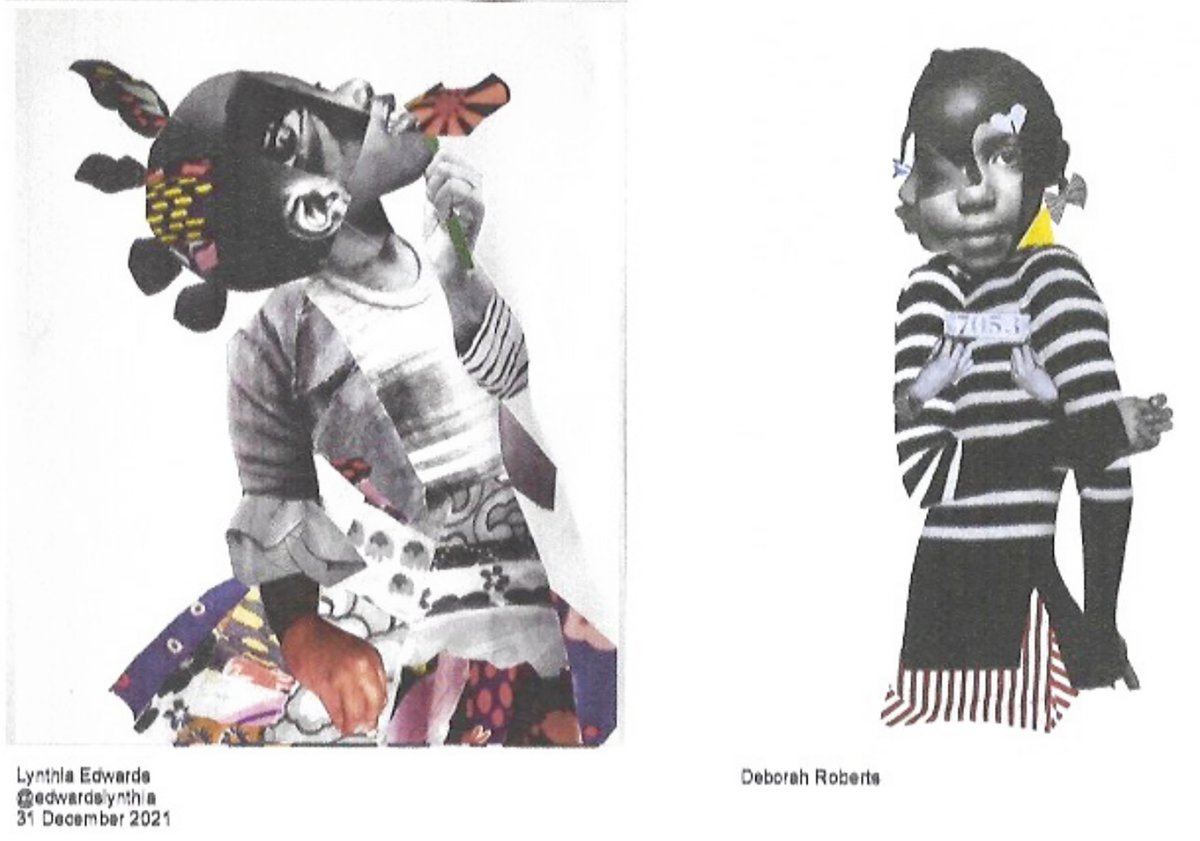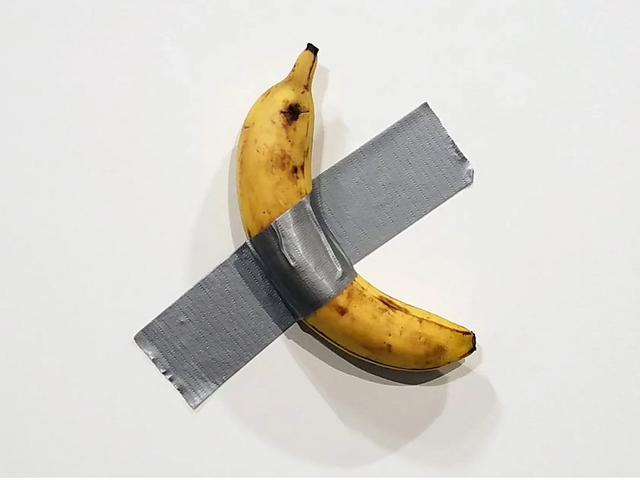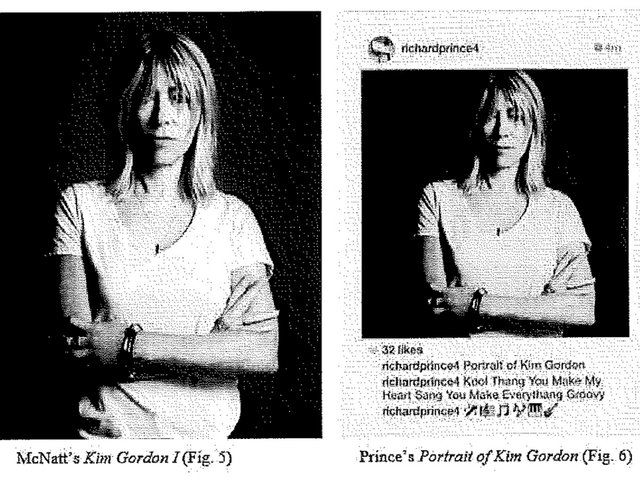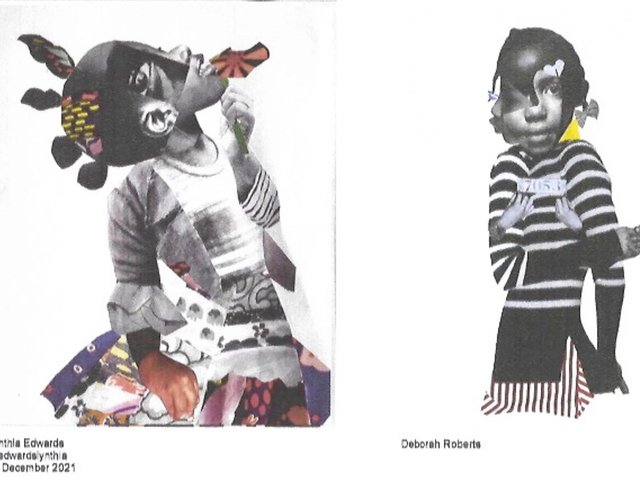New York's Richard Beavers Gallery, which is dedicated to the sale and promotion of Black art and operates space in Soho and Brooklyn, will face a copyright infringement lawsuit brought by artist Deborah Roberts after a federal judge found portions of her argument compelling.
Roberts, a commercially and critically successful artist whose collaged portraits of Black children are held in many US museum collections, sued Richard Beavers and Lynthia Edwards, an artist on his gallery’s roster, for “willful copyright infringement” in 2022 in the US Eastern District court of New York. In her complaint, Roberts alleged that the works Beavers and Edwards were selling are similar enough to Roberts's to constitute unfair competition in the market.
In February 2023, Beavers filed a motion to dismiss the lawsuit, arguing that “the use of photo-based collage has deep roots in the work of Black American artists, and there is a long line of artists before Roberts who have worked in this same general style”.
On 1 November, Judge LaShann DeArcy Hall ruled that some of the plaintiff’s submission examples are compelling enough to move forward with legal action, while “no reasonable jury” could find others “substantially similar”. DeArcy Hall accepted Roberts’s claims that the “confusing similarity” between hers and the collages made by Edwards and promoted by Beavers “will continue to cause irreparable loss of reputation and goodwill”, in DeArcy Hall’s words. However, the judge took issue with Roberts’s “trade dress” argument.
“Trade dress”, as opposed to “trademark”, is a legal term that refers to the commercial “look and feel” of a service, product or concept. Roberts maintained that Beavers and Edwards's “trade dress misrepresents the nature and characteristics” of her collages, ultimately “diluting the distinctiveness” of their presence in a broader sales context. DeArcy Hall called this complaint “unhelpful” in a footnote.
According to the original complaint and supporting materials, Beavers had approached Roberts in 2020 about selling her work through his gallery. Roberts allegedly turned his offer down. Beavers then allegedly “arranged” for Edwards to “discontinue her previous artistic practice” in order to produce collages that would mimic Roberts’s style.
Before issuing last week's ruling, DeArcy Hall analysed 15 exhibits, calling one comparison of collages by Roberts and Edwards featuring adolescent Black children “sufficiently similar to defeat a motion to dismiss”. Referring to another comparison, DeArcy Hall ruled that “differences in background colour, hair style and attire are overshadowed by the similar physical dispositions of the collage’s subjects”. Ultimately, the judge ruled that six of the 15 examples qualified as “adequate” evidence for the Roberts suit to continue.
In an email to Artnet News, Roberts’s attorney, Gregory Clarick, said: “The court’s ruling unequivocally advances our copyright infringement claims—especially as the court details the ways Edwards mimics works that Roberts created years earlier and reinforces the roadmap for our ultimate success.”






